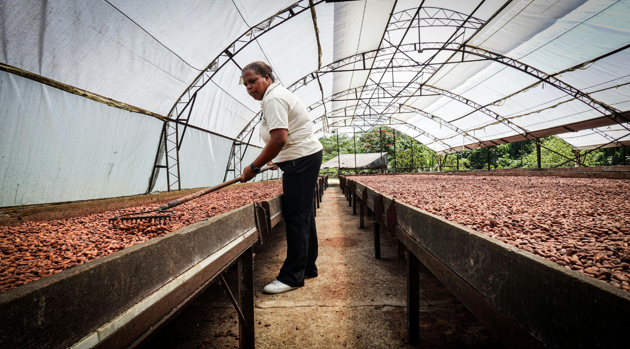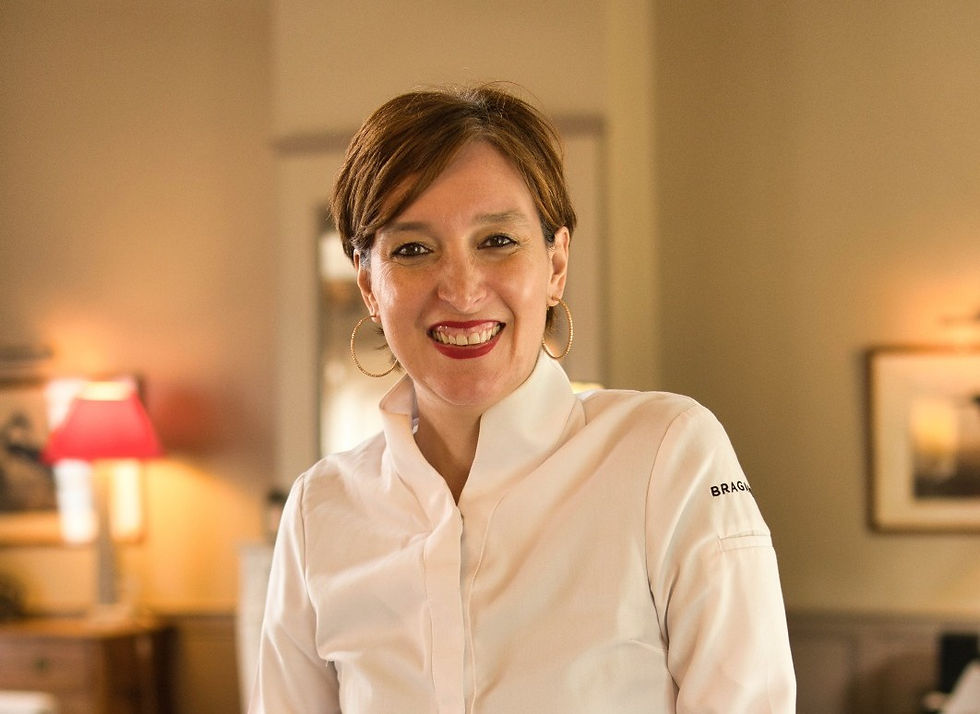When virtue tastes like cocoa
- Philippe Juglar
- Nov 14, 2025
- 2 min read
Updated: Nov 16, 2025
There’s something deliciously paradoxical about the way some European chocolatiers talk about cocoa: always with warmth, yet rarely without condescension. They speak of “meeting the producers,” of “highlighting the terroirs,” and, of course, of the “social impact” of their chocolate bars. Their words smell of vanilla, but their rhetoric leaves a faint aftertaste of colonial paternalism.
These new missionaries of chocolate set off, linen shirts and tender smiles at the ready, for Peru, Colombia, or Mexico: countries they describe, with the zeal of a fair-trade brochure, as Edens of cocoa beans waiting to be saved. There, among the pods, they pose for the camera: a well-meaning European surrounded by grateful farmers. The staging is impeccable, the moral prepackaged. Everything melts perfectly, except, perhaps, humility.
What these good Samaritans of cocoa tend to forget is that Colombia, Peru, and Mexico are not open-air workshops designed to fill European shop windows. They are nations that know how to make chocolate - real chocolate, fine chocolate, subtle chocolate - and have for far longer than Europe itself. The only difference is that they used to drink it rather than bite into it.
Across these producing countries, artisans are now crafting chocolates of origin, of identity, of character. They treat their beans like noble material, drawing flavors from their soil that are both complex and luminous. They export, they innovate, they captivate. And yet, curiously, we hear far more about those who buy their beans than about those who transform them.
True progress, the kind that doesn’t get posted on Instagram, isn’t about “bringing European expertise” to the Andes. It’s about recognizing, without ulterior motives, that the expertise is already there. All that’s left is to share it, to refine it together. Chocolate made at origin is not exotic; it is simply legitimate.
So perhaps our globe-trotting chocolatiers could use a slight adjustment to their recipe: less vanity, more respect. Less communication, more cooperation. And maybe, just a little silence; the kind that comes when one realizes, humbly, that success is never anything more than the fruit of shared knowledge and experience.
For if virtue sometimes tastes like cocoa, it might be time for it to melt more into sincerity than into performance.





















Comments